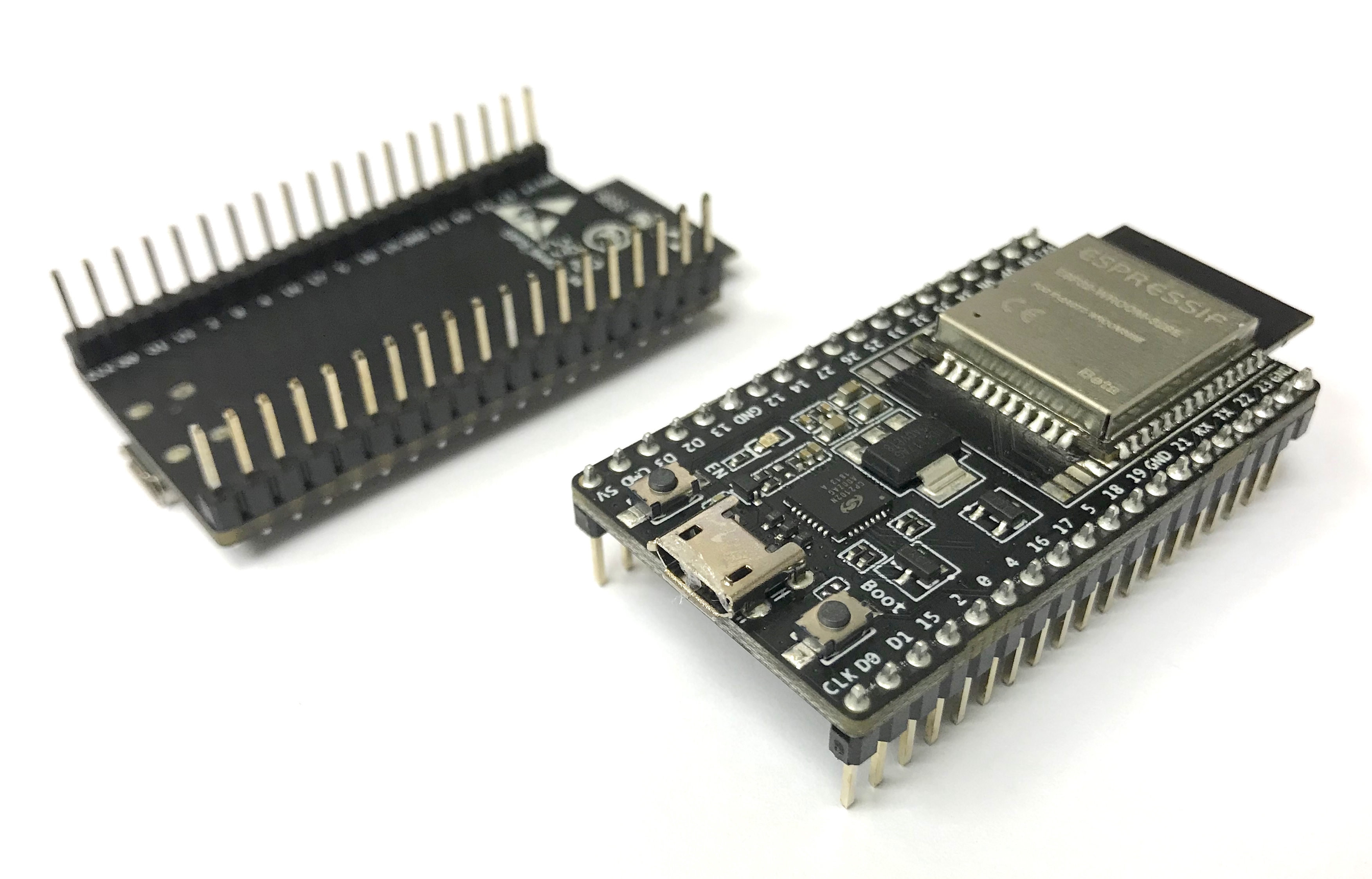wolfSSL provides support on four levels, one of which is the 24x7 support level. This support level includes many key features not available on the others, such as an unlimited number of support incidents, around-the-clock support from dedicated members of the wolfSSL support team, and remains in effect for an entire year.
wolfSSL provides three other levels of paid support, which also include some of the same features provided by 24x7 support. More details on the wolfSSL support packages and levels can be viewed here: https://www.wolfssl.com/products/support-packages-options/
wolfSSL also provides support for the latest version of the TLS protocol, TLS 1.3! Read more about wolfSSL's implementation and the protocol itself here: https://www.wolfssl.com/docs/tls13/
For more information, please contact facts@wolfssl.com.


